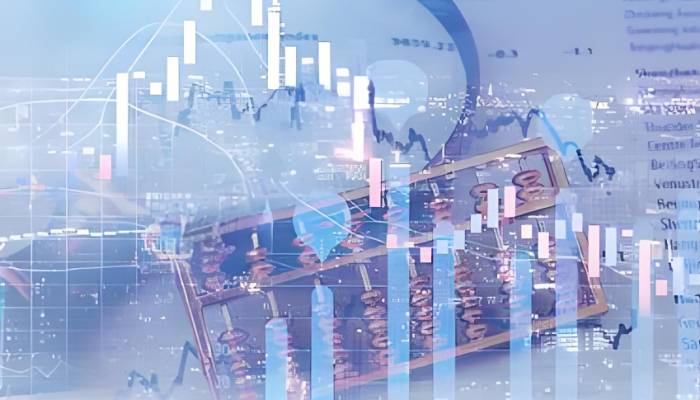Global financial markets in turmoil, is the real economy a lifeline?
Recently, the global financial market can be described as "full of wailing and weeping." The sharp drop in the U.S. stock market, the new low in European stock markets, and the continuous decline in commodity prices all seem to be signaling an impending global financial storm. However, in the face of this storm, governments around the world seem to have chosen to "abandon" the financial markets and instead focus on the real economy. What exactly is going on? Let's explore together.
Let's examine the performance of the global financial market. The U.S. stock market has been falling from early August until the end of September, with a drop of over 3%, approaching a new low for the year. European stock markets have set a new low for the past 21 months, and commodity prices continue to plummet. All of this inevitably leads to the question: What is happening with the financial markets?
In fact, the turmoil in the financial markets has profound underlying reasons. On one hand, the global inflation crisis and economic stagnation force governments to focus on the real economy. On the other hand, the aggressive interest rate hikes and quantitative tightening policies of the Federal Reserve have also had a significant impact on global financial markets. These factors, working together, have led to the instability in global financial markets.
Advertisement
However, in the midst of this financial storm, governments seem to have chosen to "abandon" the financial markets. They have not introduced so-called "market rescue plans," but instead have announced a host of economic stimulus plans. This is because governments understand that the real economy is the foundation of the national economy; only with the stable development of the real economy can the impact of financial storms truly be withstood.
So, how important is the real economy in the global economy? We can understand this from the following aspects:
The real economy is the foundation and pillar of the national economy. It encompasses various sectors such as agriculture, manufacturing, and construction, providing a large number of employment opportunities and tax revenues for the country. Only with the stable development of the real economy can the prosperity and stability of the national economy be ensured.The real economy serves as a crucial bulwark against financial risks. When financial storms hit, the real economy can provide a solid material foundation and logistical support for a nation, aiding it in weathering difficulties. In contrast, the virtual economy is more susceptible to market fluctuations, with significant ups and downs.
Furthermore, the real economy is a vital force in driving innovation and technological advancement. Within the real economy, businesses need to continuously innovate and improve production efficiency to maintain competitiveness, which in turn propels the technological progress and enhancement of innovation capabilities across society.
Amidst the backdrop of a global economic recession, governments worldwide are striving to stimulate the development of the real economy. For instance, the newly appointed British Prime Minister, Liz Truss, introduced a £45 billion tax cut plan aimed at stimulating economic growth. China has also implemented a series of measures to combat the threat of stagflation and promote the recovery of the real economy.
However, the development of the real economy is not something that can be achieved overnight. It requires the collective efforts and support of governments, businesses, and society at large. Governments need to enact policies conducive to the development of the real economy, businesses need to continuously innovate and improve production efficiency, and society needs to provide a favorable environment and atmosphere for the development of the real economy.
Amidst the backdrop of a global economic recession, China's economy also faces severe challenges. Nevertheless, China's economy possesses unique strengths and resilience. The fundamentals of China's economy are relatively stable, with a variety of effective methods for controlling inflation. China's economy has strong innovation and adaptability, enabling it to quickly find new growth points and directions in adversity. The Chinese government's emphasis and support for the real economy are continuously increasing, providing strong protection for the recovery of the real economy.

Of course, China's economy also faces some problems and challenges. For example, the transformation of the real estate market and the A-share market's role in supplying blood to the economy are current issues that need to be addressed. As long as we endure this difficult period, China's economy is bound to usher in a brighter future.
So, what will the future global economic landscape look like? It is not difficult to see from the IMF's forecasts that a recession in developed countries is a foregone conclusion in the next 1-2 years. Meanwhile, Asian developing countries, including China, are expected to be the first to emerge from the economic gloom. It is akin to the Three Kingdoms period at the end of the Eastern Han Dynasty, where a fierce struggle must occur before unification can be achieved. Currency wars are sweeping the globe, with each country fighting for its own interests.您好!看起来您希望我帮助您翻译一篇文章,但是您还没有提供具体的内容。请上传或粘贴您想要翻译的文章,我会尽快为您翻译成英文。
Leave a Reply